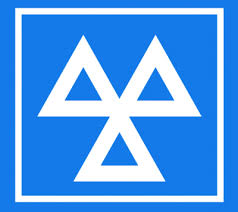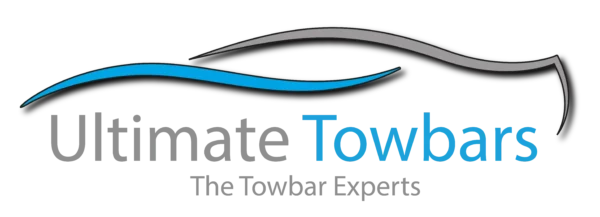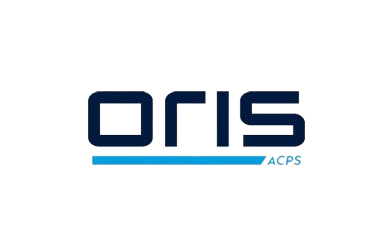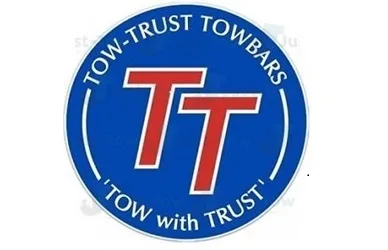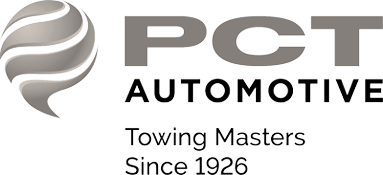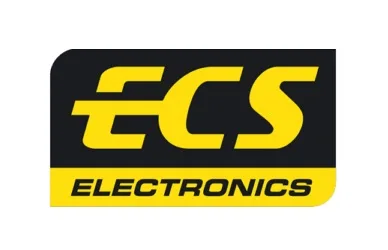An essential safety critical part of your vehicle, tow bars, and their associated electrics are part of the M.O.T test. Therefore, it is a good idea to know what the M.O.T tester will be looking at and the tow bar-related reasons why your vehicle might fail its M.O.T test.
The Towbar and the M.O.T Test
A common tow bar M.O.T test failure that you might find, especially on older vehicles, is a failure of the tow bar structure itself. Any excessive rust around the tow bar mounts on the chassis, or if the actual tow bar structure has excessive rust that is deemed dangerous or if the tow bar mounting bolts have excessive rust, are not tight, or are the incorrect type then your vehicle will fail the test..
If the tow bar neck has excessive rust, is cracked, is incorrectly fitted, or interferes with the view of any central rear fog light or the number plate, the M.O.T. tester will have to fail the vehicle. ( fixed tow bars that obscure the rear number plate or fog light are a common sight on the roads, not only are they illegal they are also a great excuse for the police to pull you over for vehicle checks. If the tow bar neck is going to interfere with your rear fog or number plate visibility then you can only legally have a revivable neck tow bar in the vehicle.)
Also, if the tow bar type is not the correct approved tow bar for the vehicle, or it has been modified or has been fitted incorrectly….fail
Below is a document of the official guidance of what is included in the M.O.T test concerning tow bars. (HM GOV M.O.T-inspection-manual-for-private-passenger-and-light-commercial-vehicles/ Accesses 06/12/2023.) Available at > https://www.gov.uk/guidance/M.O.T-inspection-manual-for-private-passenger-and-light-commercial-vehicles/6-body-structure-and-attachments#section-6-1-6
| Defect | Category |
| (a) A towbar component damaged, defective, fractured or corroded | Major |
| (b) A towbar component: (i) excessively worn (ii) so worn it is likely to fail | Major Dangerous |
| (c) A towbar attachment: (i) defective or insecure (ii) likely to become detached | Major Dangerous |
| (d) A towbar safety device damaged or not operating correctly | Major |
| (e) A towbar coupling indicator not working | Major |
| (f) Towbar: (i) obstructing the registration plate or any lamp (ii) obstructing the registration plate so that it is unreadable | Minor Major |
| (g) Unsafe modification: (i) to towbar secondary components (ii) to towbar primary components | Major Dangerous |
| (h) Coupling too weak | Major |
| (a) A towbar component damaged, defective, fractured, or corroded | Major Dangerous |
Towballs
Just a quick word regarding tow balls. We have seen a few vehicles driving around with a ball and pin tow ball fitted. Ball-and-pin tow balls are only legal when fitted to commercial vehicles, fitting one to your domestic car is illegal and an M.O.T failure.
Towbar Electrics and the M.O.T Test
If you only have the 7-pin tow bar wiring then the M.O.T tester does not need to test the electrical connections. They will still check that the wiring is in a safe condition and that the cable is safe.
If you have 13-pin tow bar wiring then, apart from checking the wiring is safe, the electrical connections will also be tested.
If there are issues with the electrical connections then the vehicle will likely fail the M.O.T test.
In addition, it is part of the M.O.T. test and a legal requirement to have a bulb failure warning. This can be either an on-dash warning or an audible warning that is heard should a bulb fail.
Below is the clarification of the trailer electrical connection that relates to tow bars.
This can be accessed at https://www.gov.uk/guidance/M.O.T-inspection-manual-for-private-passenger-and-light-commercial-vehicles/4-lamps-reflectors-and-electrical-equipment
| Defect | Category |
| (a) A trailer electrical socket: (i) insecure (ii) likely to become detached | Minor Major |
| (b) Trailer electrical socket wiring: (i) insulation damaged or deteriorated (ii) insulation damaged or deteriorated and likely to cause a short-circuit | Minor Major |
| (c) A 13-pin trailer socket: (i) not functioning correctly (ii) not functioning at all | Major Dangerous |
Drop Plates and Riser Plates
Unless the drop plate is type-approved for the tow bar then an M.O.T test fail could well be on the cards. The best option, if you need to change the tow bar height, is to have a type-approved height adjuster fitted. Fitting a none-type approved drop plate is classified as a modification of the tow bar and could be a reason for a test fail.
Conclusion
Before taking your vehicle for its annual M.O.T test, check that your tow bar is not going to be a reason for failure.
Check that the tow bar itself is secure and rectify the issue if it isn’t.
Test the electrics to make sure the connections are all working as should and that the visible or audible light failure warning is working.
If you have a detachable neck tow bar and it is not fitted to the vehicle at the time of the test then the neck will not be tested. The tester will check the main tow bar structure and the neck recess, but not the neck itself.
It’s always good practice to resolve any problems before you take your vehicle for its M.O.T. test. Leaving it until the day can lead to retest fees and in some cases the car not being legally driveable until the faults have been rectified.
Remember, a tow bar is a safety-critical part of your vehicle. It needs to be safe, secure, and fitted properly.
If you need a tow bar fitting then please take a look at Ultimate Towbars. Who offer approved parts, and industry-approved fitters, and are guaranteed to give you a safe and reliable towing experience. For a tow bar fitting price please complete our online form, which can be found at > https://www.ultimatetowbars.co.uk/local-towbar-fitting/
Alternatively, give our team a call on 0114 360 7080.
Team Ultimate.
